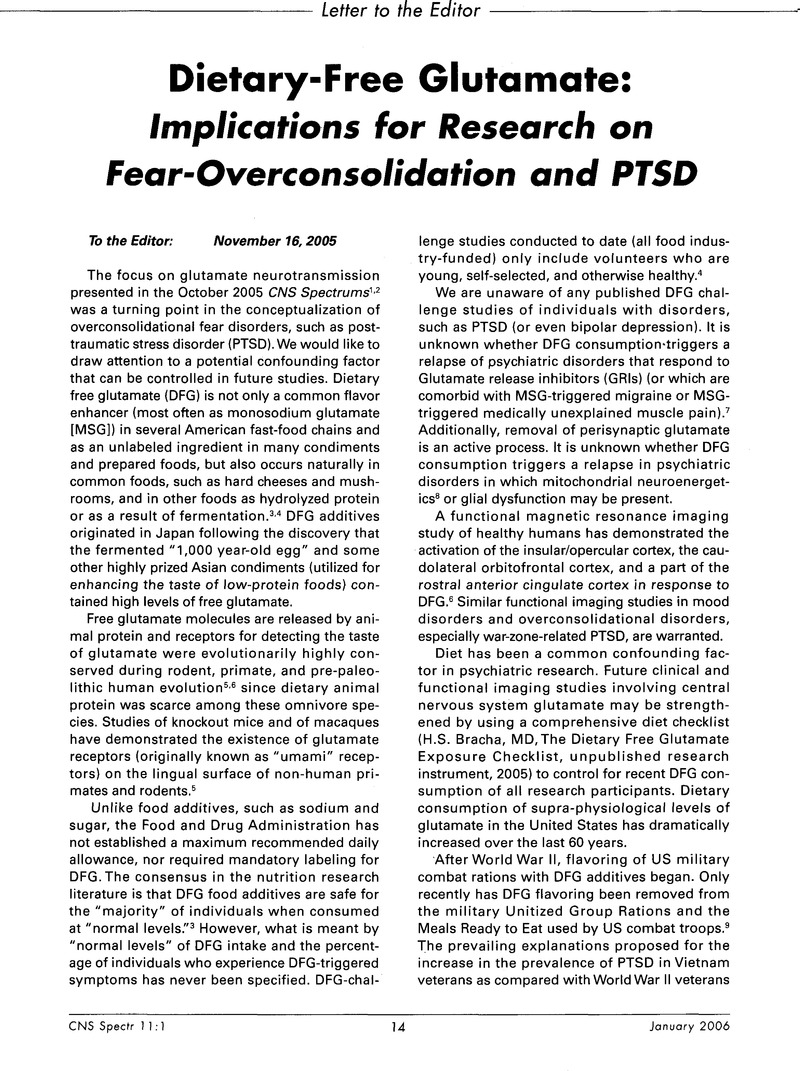Crossref Citations
This article has been cited by the following publications. This list is generated based on data provided by Crossref.
McCleary, Barry V.
2007.
An integrated procedure for the measurement of total dietary fibre (including resistant starch), non-digestible oligosaccharides and available carbohydrates.
Analytical and Bioanalytical Chemistry,
Vol. 389,
Issue. 1,
p.
291.


